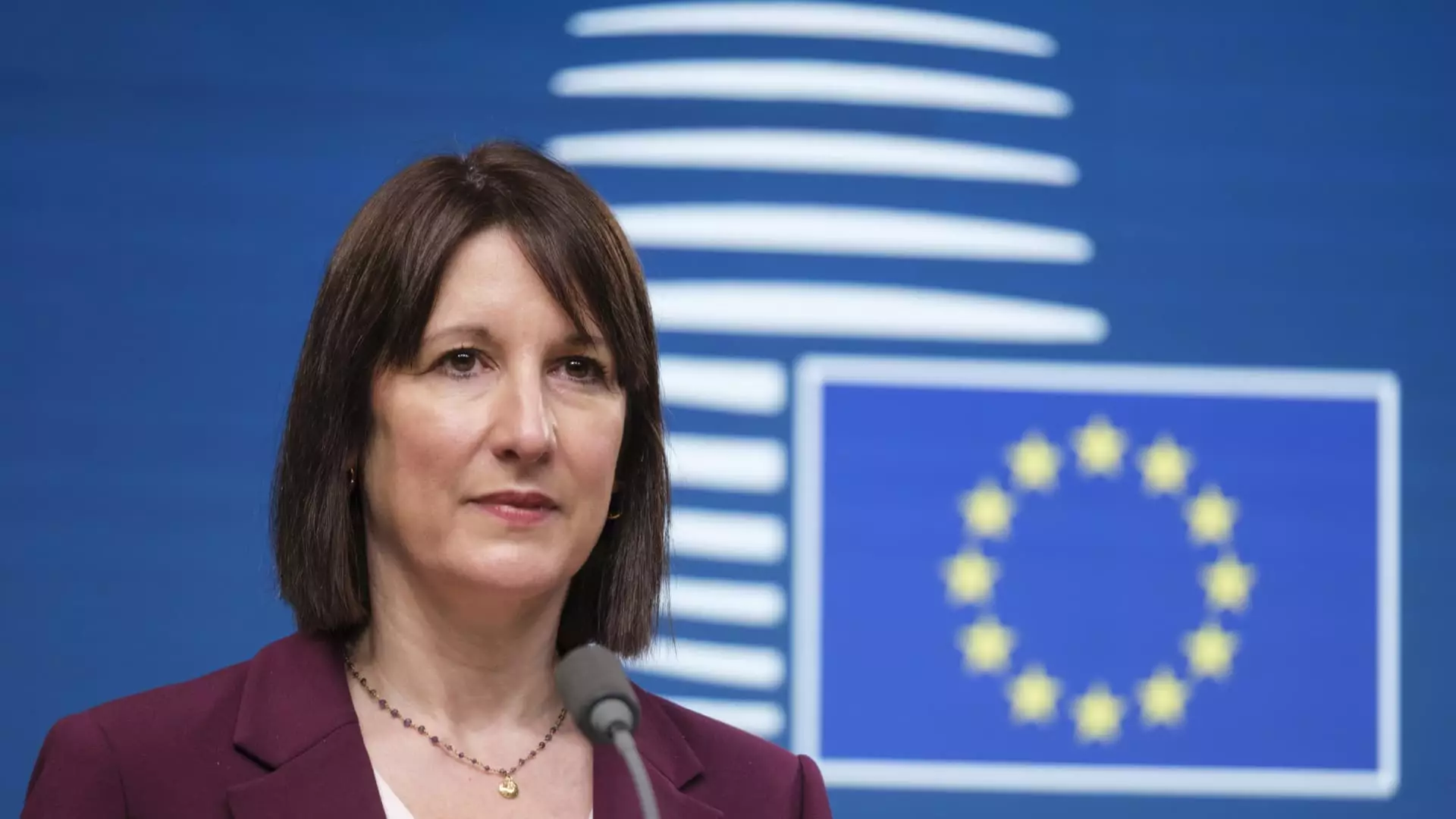In the wake of Donald Trump’s election victory and the anticipation of his impending presidency, the United Kingdom and the European Union are realigning their efforts in trade and defense. Despite still being outside the formal structures of the EU, the U.K. is seeking to reinforce its ties with European partners to mitigate potential fallout from a U.S. administration that may embrace an isolationist or protectionist stance, particularly regarding tariffs and supporting international allies such as Ukraine.
The visit of U.K. Chancellor Rachel Reeves to Brussels, which marked a significant first for British officials since leaving the EU, exemplifies this new strategic alignment. Engaging with Eurogroup President Paschal Donohoe and EU counterparts, the dialogue focused on fostering stronger cooperation in critical areas such as Ukraine, free trade, and economic partnerships. These discussions highlight a consensus among various European leaders about the need to establish a unified front against the unpredictability associated with the incoming U.S. leadership.
During the meetings, the notion of shared values emerged as a central theme. An unnamed EU official articulated this sentiment, emphasizing that, despite geographical and political divides, the U.K. and EU members possess overlapping interests regarding Russia’s aggression, China’s economic strategies, and future relations with the United States. This shared understanding signifies the potential for a collaborative approach that could reinforce security and economic stability, even amid the specter of a more nationalist U.S. policy.
While the specific details of these initial conversations remained tightly guarded, the intent to expand cooperation is evident. The urgency of addressing common concerns—from geopolitical threats to economic resilience—has propelled the U.K. and the EU into a phase where dialogue and collaboration are prioritized.
As Prime Minister Keir Starmer prepares to engage more actively with European leaders, the Labour government appears committed to altering the trajectory of post-Brexit relations. Starmer’s agenda includes dialogue with EU representatives, such as the anticipated meeting with European Council President Antonio Costa and participation in future EU summits. This willingness to reconnect with European partners marks a significant shift from the previous administration’s often adversarial stance toward Brussels.
Chancellor Reeves’ statement reflects a desire to mend strained ties: “I did not come here today to start a negotiation,” she asserted. This declaration signals a conscious effort to rebuild trust, rather than push for immediate concessions or renegotiations of prior agreements. It’s an acknowledgment of the need for a gradual approach to restoring cooperation that was frayed by years of contentious exchanges following the Brexit referendum.
Another layer of complexity in these negotiations is the recent comments made by Trump regarding potential aid reductions to Ukraine and looming tariffs on European imports. Such statements have intensified worries within the EU about the possible repercussions of a U.S. administration that may not prioritize transatlantic alliances. Ignacio García Bercero, a noted analyst on EU-U.S. trade relations, pointed out that the bloc’s strategic communication with the U.K. is essential in navigating potential adversities posed by U.S. policy.
Moreover, the historical “special relationship” between the U.K. and the U.S. is seen as a double-edged sword. Britain can act as a vital intermediary for the EU, potentially smoothing the path for more effective discourse with the United States. However, this requires careful calibration to ensure that any U.K. positioning does not unexpectedly isolate the EU or undermine its collective bargaining power in international discussions.
As the U.K. and EU embark on this journey of reconnection, the challenge lies in balancing national interests while facing external pressures. The new Labour government seems poised to initiate a more constructive dialogue with European partners to reshape the narrative that has, until recently, been dominated by division and distrust.
The recent high-level meetings between the U.K. and EU herald a new chapter in their relationship. As both entities navigate the changing global landscape with the looming presence of Trump’s administration, the focus will be on collaboration rather than confrontation. Through rebuilding trust, prioritizing shared interests, and formulating a coherent strategy toward the U.S., both the U.K. and EU can hope to emerge stronger amidst uncertainties.

